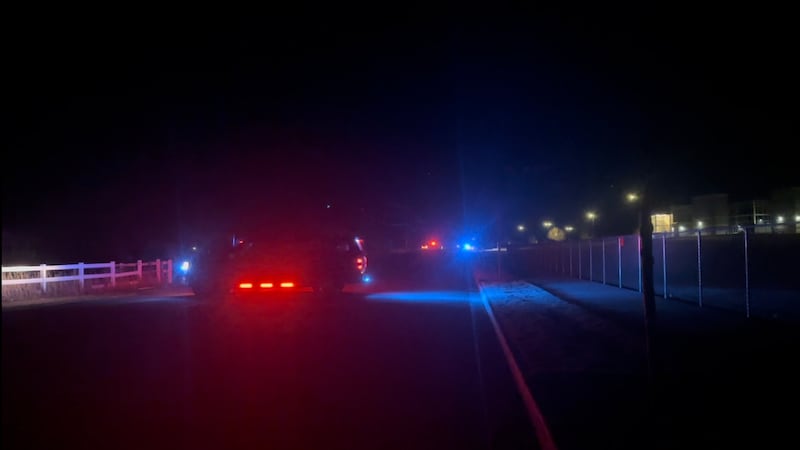What exactly is a Quagga Mussel?
“They’re not native here, and they don’t come with their natural checks and balances, their natural predators and prey systems.”
TWIN FALLS, Idaho (KMVT/KSVT) — The Quagga Mussel is in the group of Dreissenidae freshwater mussels similar to the Zebra Mussel that are not native to North America but migrated in the 1980s.
The Quagga Mussel originally came from the Black and Caspian Seas by Ukrainian shipping containers. Once they made their way to the East Coast of the United States they made their way to the Great Lakes and then to the Lower Colorado River over land via watercraft and other water equipment, and eventually to Idaho.
“They’re not native here, and they don’t come with their natural checks and balances, their natural predators and prey systems,” said Nic Zurfluh, the Bureau Chief for Invasive Species for the Idaho State Department of Agriculture
This allows them to reproduce very rapidly and outcompete the native freshwater species for food, space, and resources.
Zurfluh said the Quagga Mussel relies on plankton and nutrients which are the base of the food chain. The native aquatic species also rely on plankton and nutrients. Still, the quagga reproduce very quickly and consume those essential nutrients better and quicker collapsing the bottom of the food chain other species rely on.
“So, you can see that affect all the way up the food chain from other invertebrates, to fish, to say bald eagles and grizzly bear, all the way up the food chain, it’s a very complex system,” said Zurfluh.
The economic impact can also be devastating to Idaho industries that pull water from the Snake River and other bodies of water as the Quagga Mussel can attach and cluster on materials in the water, such as hydroelectric facilities, irrigation pumps, and municipal water systems.
“And they colonize and cluster and will clog systems and you can imagine that impact to really industry in Idaho, agriculture and irrigation,” Zurfluh said.
Zurfluh said as a safety precaution any watercraft that may have been exposed to Quagga Mussel or Quagga Mussel Larve within 30 days should go through one of their hot water decontamination units to prevent the spread, and the decontamination doesn’t use any chemicals, only hot water.
Copyright 2023 KMVT. All rights reserved.















